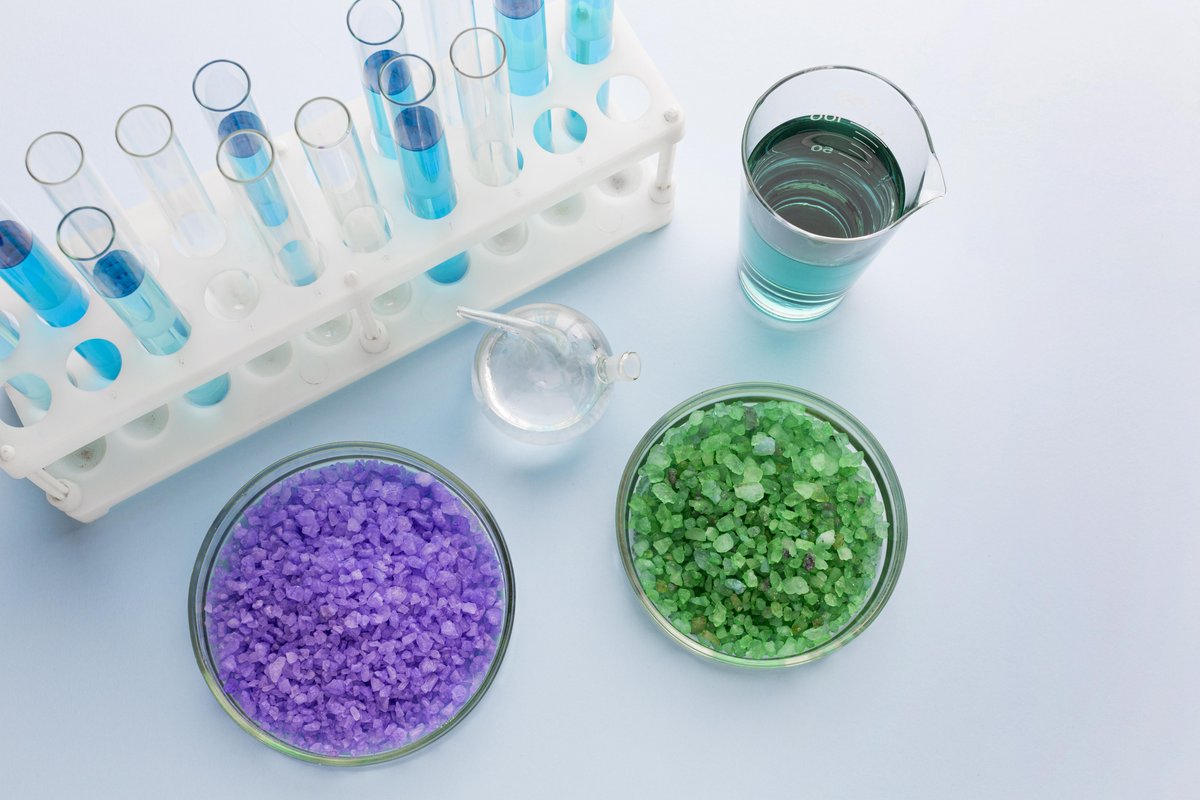online seminar: APV basics: Preformulation
course number: 7036
- Drug Delivery
- Research and Development
Workshop program / Flyer
- 7036_Basics_Preformulation.pdf (523 KB)
Start:
2025-02-04, 13:00
End:
2025-02-05, 17:30
Add appointment to calendar
Language options: English
Summary
The APV basics series covers pharmaceutical-technological topics from various fields, such as pharmaceutical engineering, the production of liquid or solid dosage forms, biopharmaceutics, and packaging.
The APV basics series is equally suited for practitioners who want to learn more about the theoretical background, as well as for those with a theoretical foundation who are looking for ways to apply their knowledge. It is also suitable for newcomers to the field of dosage forms, their development, and production. The APV basics series is aimed at professionals in the areas of development, analytics, production, and regulatory affairs.
Target group
This short course is intended to provide a useful background on contemporary solid state and solution characterization of API’s as well as to provide a framework for translating these data into useful formulations. The course is designed to be useful to both scientists new to the field as well as the experienced pharmaceutical researcher with an eye towards the state of the art and future direction.
Objective
Preformulation is an essential step in the pharmaceutical development of an API. It is the process by which candidate drugs are characterized with respect to the appropriateness to be formulated and processed to a useful dosage form. During this phase of the development, information about the physicochemical properties (e.g., solubility, ionization behavior, solid state properties,…), biopharmaceutical properties (e.g., permeability through bio-membranes) and stability profile (physical, chemical, compatibility with excipients, etc.) of the drug candidate is collected.
This information guides the formulation scientist as it will dictate many of the possible formulation and processing approaches. This basic course is divided into three parts. In the first part, fundamental physicochemical and biopharmaceutical concepts are discussed including solubility and dissolution rate, ionization behavior, partitioning, solid state properties (polymorphism, amorphous and crystalline state), salts and salt selection, physical and chemical stability, powder properties and drug absorption profiling. Analytical techniques to assess solid state properties such as X-ray diffraction, differential scanning calorimetry, dynamic vapour sorption and thermogravimetric analysis are briefly discussed and illustrated with examples.
In a second module, automation and down-scaling of preformulation assessments will be discussed. This is presented in the contest of dosage form type selection where both conventional and enabled formulation concepts are in scope. The use of biopharmaceutical tools is especially important in distinguishing among strategies with the goal being the simplest approach capable of delivering the API of interest by the designated route. These decision trees include filters to help the pharmaceutical scientists based on datadriven guidelines. In this section, both in silico tools as well as 96-well plate technology will be included.
The last module of the course is dedicated to at-scale translation of information garnered from both preformulation and formulation decision tree assessments. That is, how data associated with the design space associated with API properties, pharmaceutical inputs and biopharmaceutical characterization is use to develop robust and bioavailable dosage forms. In addition, the importance and selection of excipients in this context is also assessed. These principles are highlighted with case studies and real-world pharmaceutical examples wherein both simple and complex dosage forms are reviewed.
Organizer(s)
Kurfürstenstraße 59
55118 Mainz
Germany
Dr. Martin Bornhöft
Phone: +49 6131 9769-0
E-mail: info@apv-mainz.de
https://www.apv-mainz.de
Prices
All prices free of VAT

